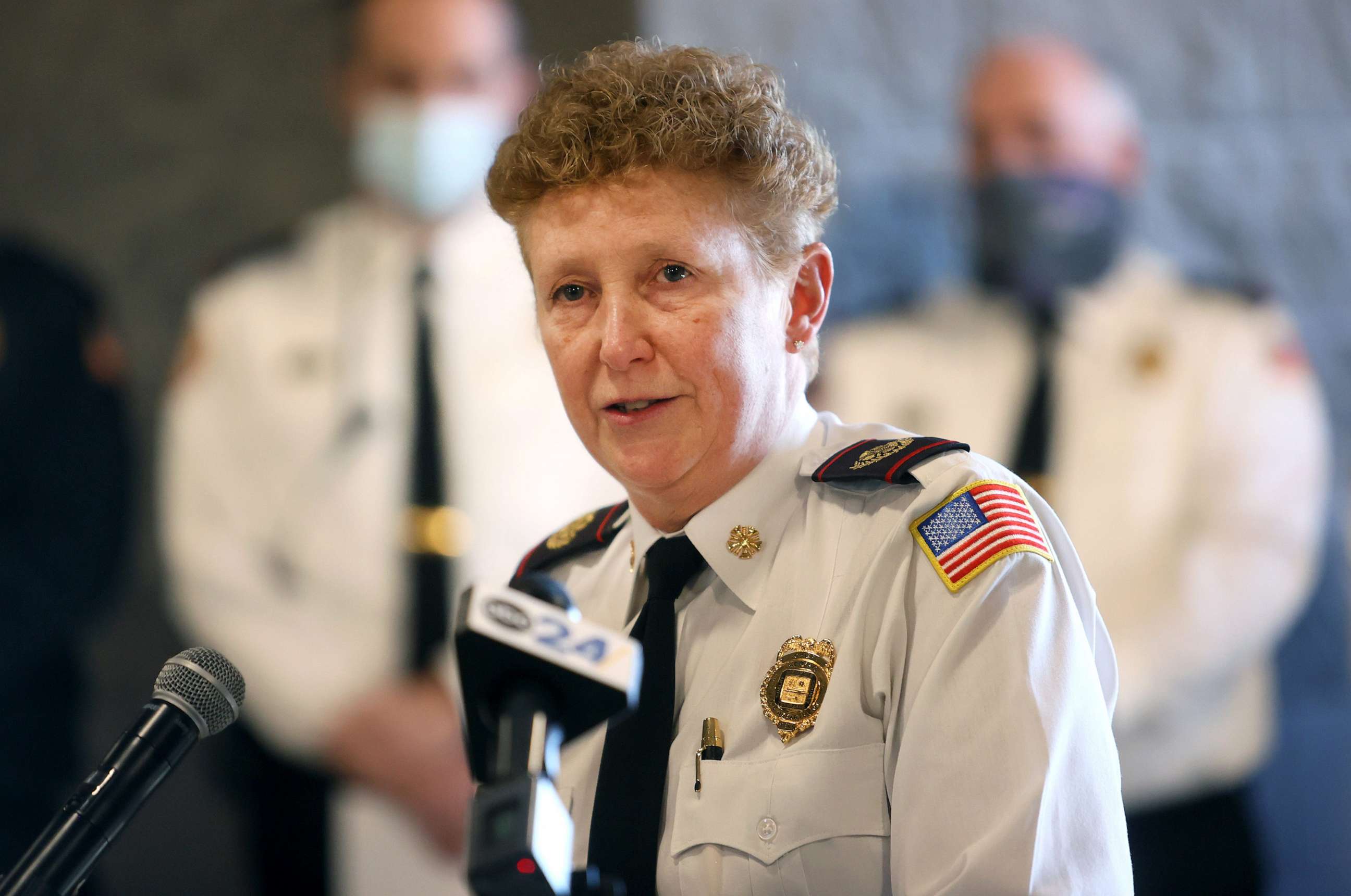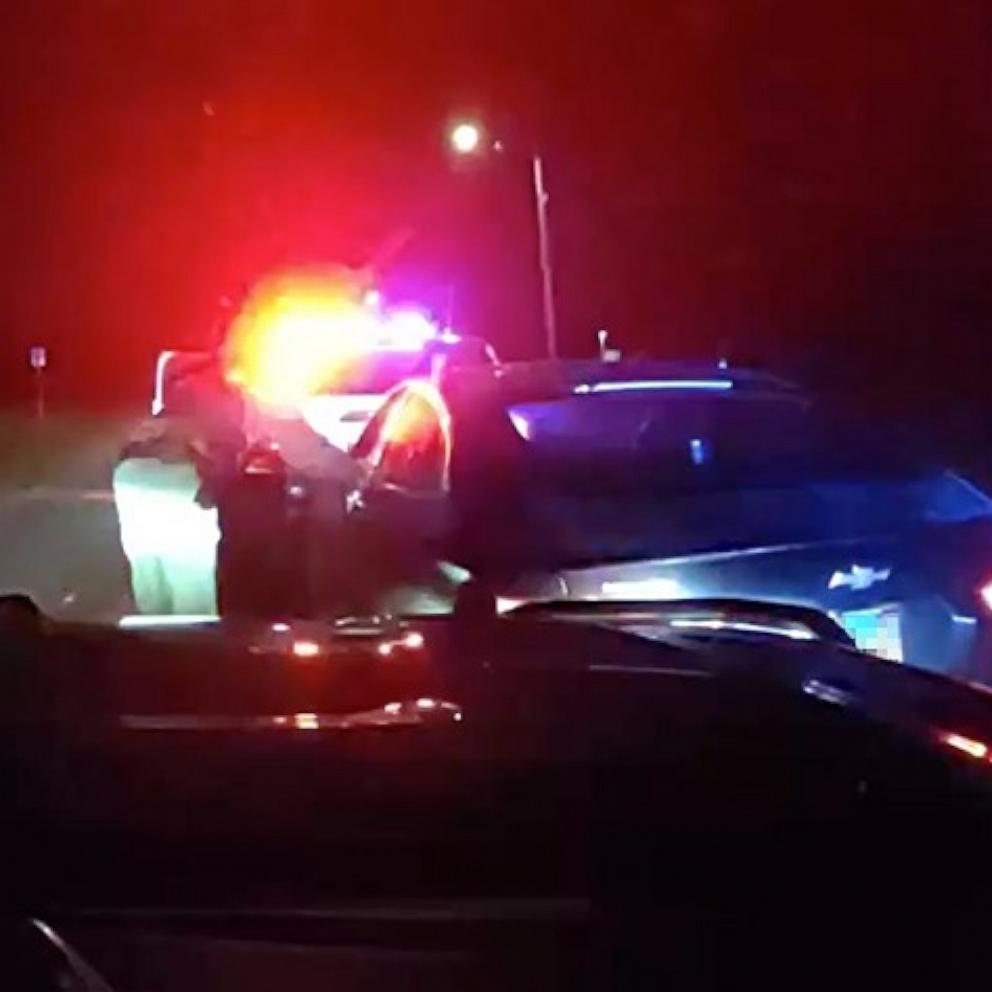Memphis City Council grills police, fire chiefs on reform following Tyre Nichols' death
The Memphis Police and Fire Departments are under heavy scrutiny following the death of Tyre Nichols, a 29-year-old Black man who was brutally beaten by police and died three days later.
In a Tuesday hearing from the city council's Public Safety committee, Memphis Police Chief Cerelyn "CJ" Davis and Memphis Fire Chief Gina Sweat were grilled about what went wrong on Jan. 7 when Nichols was pulled over for alleged reckless driving and died three days later, and what needs to be fixed in the department to prevent abuses in the future.
Six officers have been fired from the police department, five of which have been criminally charged in connection with Nichols' death. Attorneys for two of them have said they will plead not guilty and the others have declined to comment or did not respond to past requests for comment.
Seven additional Memphis police officers could face discipline in connection with the incident, the city's chief legal officer, Jennifer Sink, told ABC News.
Individuals "who did not make the scene but also had some level of responsibility," are also under review, according to Davis.

"A lot went wrong on Jan. 7," Davis said at the hearing.
She said officers "were given exceptional training, more training than they had in the past" and instead cited a lack of supervision and a troublesome "wolfpack" culture that caused the incident.
"There's a saying in law enforcement that culture eats policy for lunch," Davis said.
"We don't want to just have good policies because policy can be navigated around. We want to make sure we have the right people in place and make sure our culture is evolving and changing to the philosophies we're talking about," she continued.
Three Fire Department employees – two EMTs and a lieutenant – have also been fired for failing to properly assess Nichols as he lay beaten on the ground.
Sweat said the call to the fire department came in as a "report of pepper spray," which she described as a fairly routine call. When they arrived on the scene, she said personnel were reacting to "what they saw, what they were told."
An ABC News analysis of body camera and surveillance footage shows that Nichols waited 16 minutes for EMTs to help after being beaten by police.

"They did not perform at the level that we expect or that the citizens deserve," Sweat said. She said the department is reviewing policies on training and accountability in the wake of Nichols' death.
The department implemented reform efforts following the racial reckoning of 2020 and the murder of George Floyd by police, which activists and critics say wasn't enough.
2022 saw the most amount of alleged violations against Memphis police officers since at least 2016, according to the department's Inspectional Services Bureau dashboard.
The city council reviewed and moved forward several measures Tuesday in an effort to address some concerns following Nichols' death.
The policies include: an expansion of the data collection on traffic stops, arrests, use of force, and complaints; requiring an independent review process for incidents involving the use of force; requiring police to only use appropriately marked law enforcement vehicles for traffic stops; and clarifying "appropriate methods of enforcement of traffic violations."
It would also establish the misuse of body worn cameras and excessive force complaint "as disqualifying factors in the Memphis Police Department promotional process" for two years.




